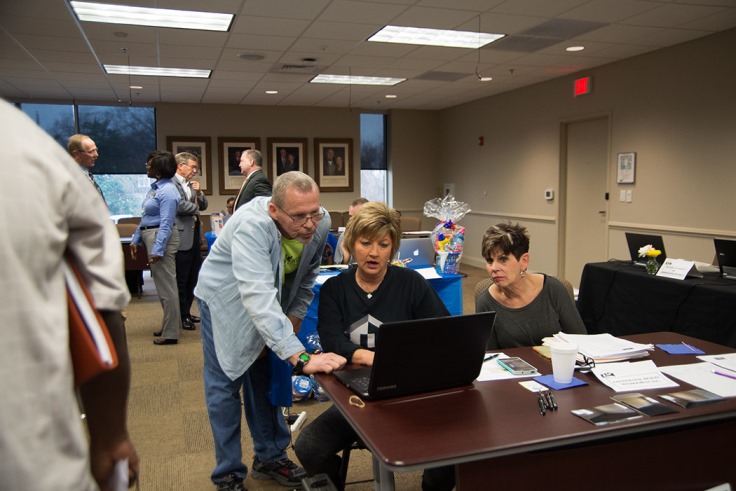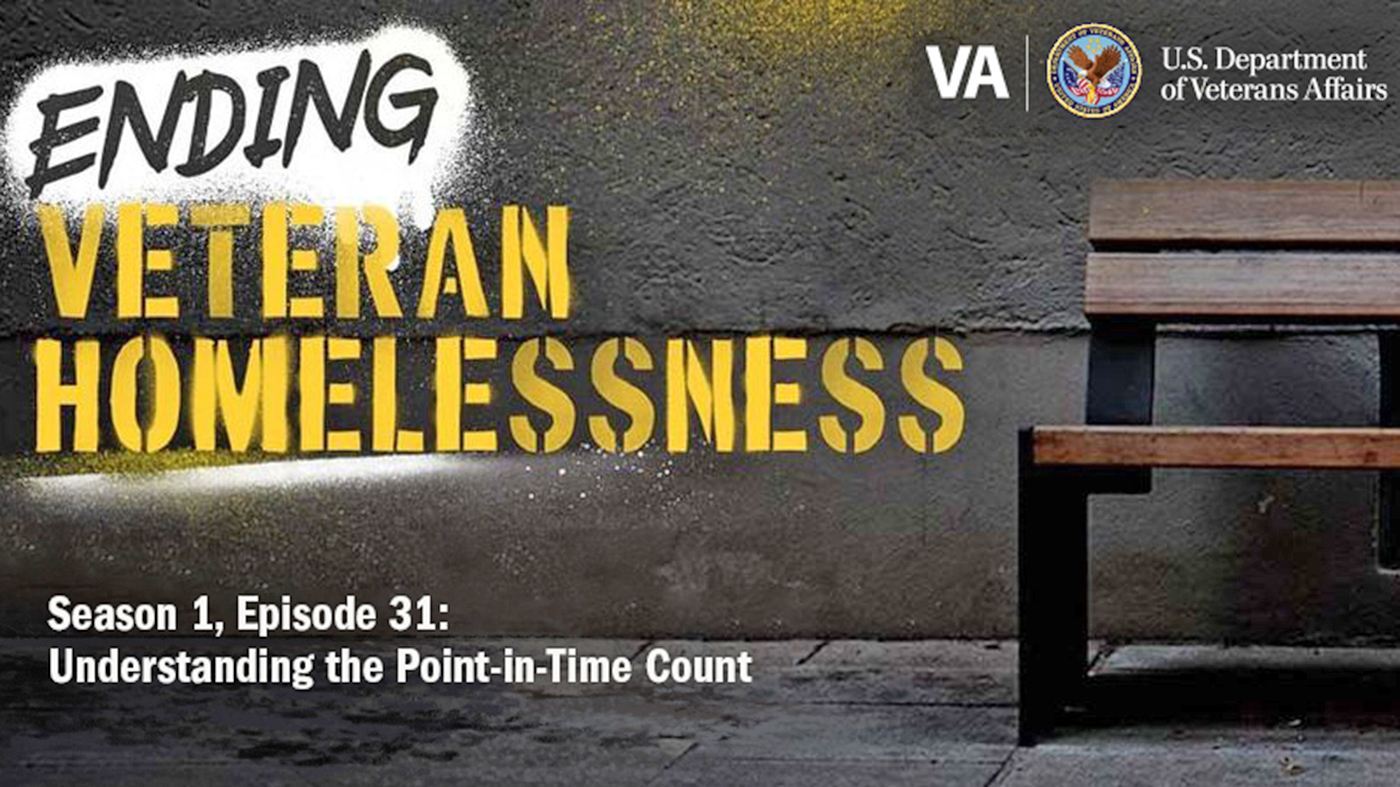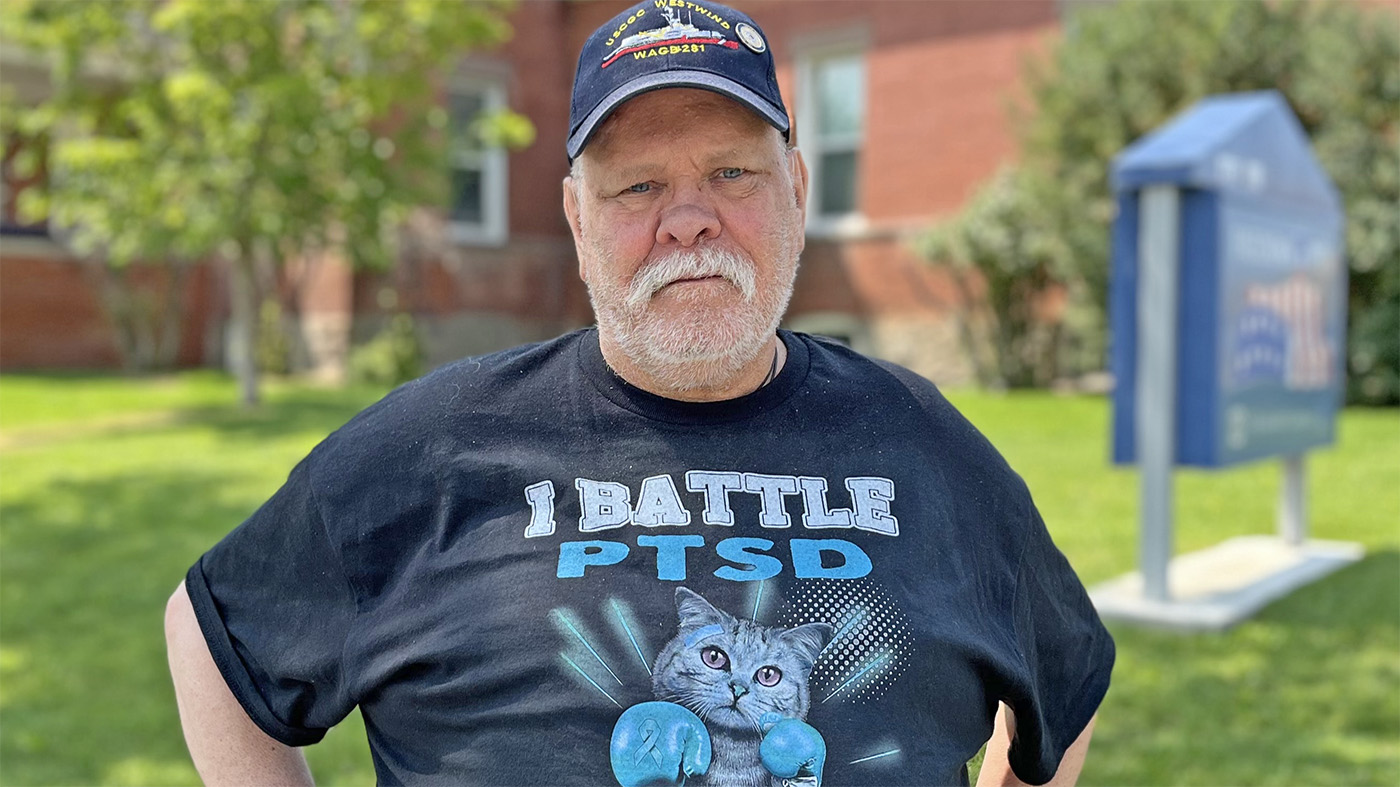To answer the national call to end Veteran homelessness, a collaboration of government agencies, housing providers, nonprofit agencies, and businesses joined forces in a one-day housing blitz, Wednesday, Jan. 18 at United Way of Central Alabama in Birmingham, Alabama.
The Veteran Experience Office, working with the Birmingham VA Medical Center and key community leaders, coordinated the effort to remove barriers and house Veterans within their community, so they are not forced to live on the streets.
“It is my desire to create a
During the one-day event called “Operation Reveille,” Veterans met with representatives from housing authorities, landlords, and utility companies, received financial and legal assistance to overcome any housing obstacles, and received household and hygiene items as well as gift cards for food from community supporters to help them transition from homelessness.
“The Housing Authority of the Birmingham District is privileged to lend our support in securing decent homes for our veterans,” said Michael Lundy, president and CEO of the Housing Authority Birmingham District. “This is just the beginning as we work with our partners to expand opportunities for our Veterans. These men and women have risked their lives to serve and protect our country. They stood up for us, and now we are here to stand up for them.”
Veterans worked with VA’s Homeless Program and other supportive services in preparation to connect with participating partners and other community supporters to help them transition from homelessness.
The ultimate goals of the event included rapidly housing homeless Veterans, collaborating with community partners, and developing a system of service to ensure Veterans are not forced to sleep on the streets in Birmingham or surrounding areas.
Thomas Smith, director of the Birmingham VA Medical Center, said he continues to appreciate the many public and private partners who made this event happen for Veterans in Birmingham. Operation Reveille enabled almost all of the Veterans in attendance to receive the support and resources they needed to select housing and begin their exit from homelessness. Five Veterans moved in to new housing on the day of the event and 17 were pending the final move-in process.
While the event was a planned one-day surge, the larger goal is to develop collaborative relationships within the community and attract more partners that have the ability to help Veterans secure housing.
The Veteran Experience Office and the Community Veteran Engagement Boards are great sources to engage local communities in efforts like Operation Reveille. These individuals and groups may contact their local VA Homeless staff and/or learn information about the VA Homeless Programs by visiting the website: www.va.gov/homeless.
Topics in this story
More Stories
William Snow, senior program specialist at HUD, explains how the Point-in-Time Count provides valuable data on Veteran homelessness.
VA permanently housed 47,925 homeless Veterans in fiscal year 2024, exceeding its goals for the third year in a row.
VA Housing First changed the life of Grady Kendall, Coast Guard Veteran, because it was there when life knocked him down.








A one-day housing blitz and the concept of “housing first” has been proven to work with some homeless populations, but what the VA, local providers and this article miss: the single most important factor in maintaining the housing stability of the formerly homeless placed in PH (permanent housing), including homeless veterans, is ongoing outreach, case management, personal contact and ongoing access to supportive services; i.e., an eyes-on, hands-on approach to client follow-up.
This human interactive case management approach is missing from the VA’s new reinterpretation of the “Housing First ” model from NYC the VA is attempting to replicate; I expect that the VA will wonder why their new Housing First models do not achieve the success of the model they’re trying to emulate. Again, the missing component to the VA’s new modalities is ongoing involvement with the participant as needed.